The US aims to suppress Chinese development
Chinese President, Xi Jinping, has strongly censured the US in his speech at the annual summit of the ruling Communist Party. He said Washington is leading a campaign to suppress and contain China's development.
Xi, who will begin his third consecutive term as the country's president, said Beijing faces unprecedented challenges from the west.
Western countries, led by the United States, have implemented all round containment, encirclement and suppression of China, which has brought unprecedented severe challenges to our country's development.
Xi Jinping, President of China
The Chinese president said during the past five years the West has imposed a new set of hurdles that threaten to weigh down China's economic growth.
The US and its allies have imposed curbs on tech exports to China, prompting Beijing to double down on the need to shift away from imports for sectors perceived as vital to national security, including semiconductors and artificial intelligence.
The US is also working to expand its restrictions on the export of microchip manufacturing equipment to China.
Xi said China must have the courage to fight as the country faces profound and complex changes in both the domestic and international landscape. He urged private firms to take the initiative to pursue high quality development.
I've always said there are two critical areas for China, one is to safeguard our rice bowl and the other is to build a very strong manufacturing sector.
As a great nation of 1.4 billion people we must rely on ourselves. We can't depend on international markets to save us.
Xi Jinping, President of China
Earlier this week Xi vowed to bolster China's manufacturing capacity and said the country should be able to fend for itself.
Later, the Foreign Minister of China, Qin Gang, reiterated the President's forceful language on US containment, warning that conflict and confrontation with the US is inevitable if Washington continues its reckless approach.
The United States claims to be competing to win against China rather than seeking a conflict, but in fact, the US so called competition is total containment and suppression, a zero sum game in which you die and I live.
If the US does not hit the brakes but continues to speed down the wrong path, no amount of guardrails can prevent derailing; there will surely be conflict and confrontation.
Qin Gang, Foreign Minister of China
The foreign minister also noted that the development of other countries would not undermine that of the US.
Overall, the administration of US president Joe Biden has shown little interest in cooling tensions with China and frames its engagement with Chinese officials as managing of competition rather than an effort to resolve issues.
In Washington, John Kirby, the White House National Security spokesperson, dismissed the criticism insisting that the United States does not seek confrontation with Beijing.
We seek a strategic competition with China. We do not seek conflict, we aim to compete, but we aim to win that competition with China but we absolutely want to keep it at that level.
John Kirby, White House National Security Spokesperson
US officials often speak of establishing guardrails in the bilateral relationship to prevent tensions from escalating into crises.
Relations between Washington and Beijing deteriorated sharply after former US President Donald Trump launched a trade war against China in 2018.
China had hoped for an improvement in relations under the administration of Joe Biden, but this never happened.
The US continued its hardline policies toward China under the Biden administration.
China has repeatedly rebuked the US for its growing nexus with Taiwan, which Beijing regards as its sovereign territory.
The South China Sea and the Ukraine war are both sources of friction between Beijing and Washington.
Bilateral relations soured further last month after a suspected Chinese spy balloon veered off course into American airspace and was shut down by US fighter jets.
Beijing is critical of Washington's handling of the issue.
According to some senior Republicans and US military leaders, there is growing concern that a full scale conflict between the two superpowers is imminent, with the Asia Pacific and South Asia regions likely to be the primary theatres of the conflict.
Besides boosting ties with Taiwan, the US has also significantly increased its military activity in the South China Sea and other waters near Taiwan and China, causing Beijing to do the same, turning the region into a potential flashpoint for war.

Microsoft collaboration in Gaza genocide
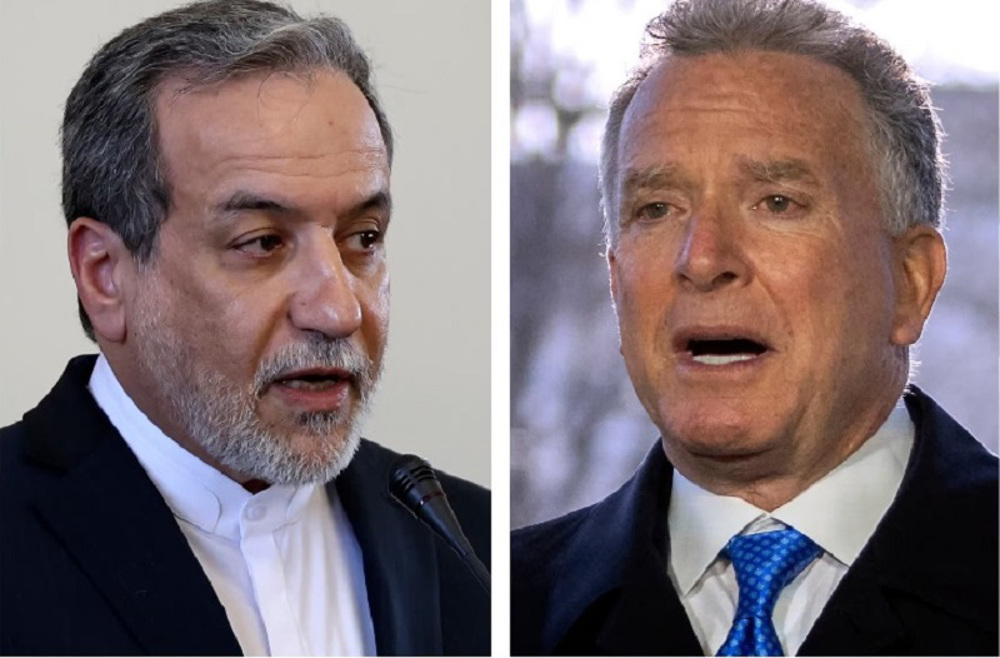
Indirect Iran-US talks proceed on 'constructive' note
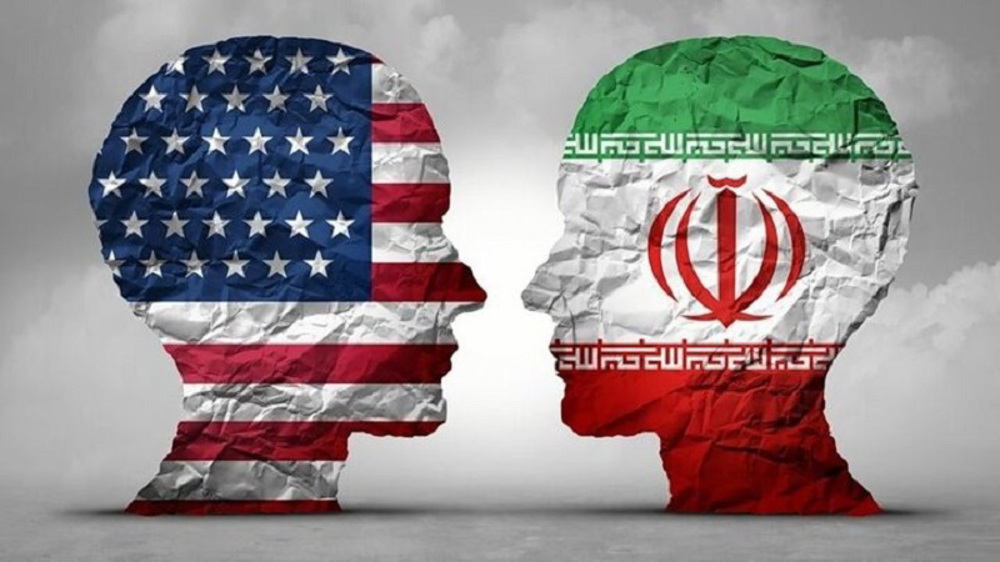
Indirect Iran-US meetings
VIDEO | Iran-China-Russia partnership
VIDEO | Press TV's news headlines
Netanyahu’s anger source of joy for us: Ansarullah
Iran, China working resolutely to safeguard mutual interests: Tehran says as FM departs for Beijing
Yemen asserts enhanced military readiness; takes US aircraft carriers under firepower
VIDEO | Iran seeks foreign investment to boost oil, gas sectors
Iran condemns terror attack in India's Kashmir region
After second Signalgate scandal, Democrats call for Hegseth’s resignation


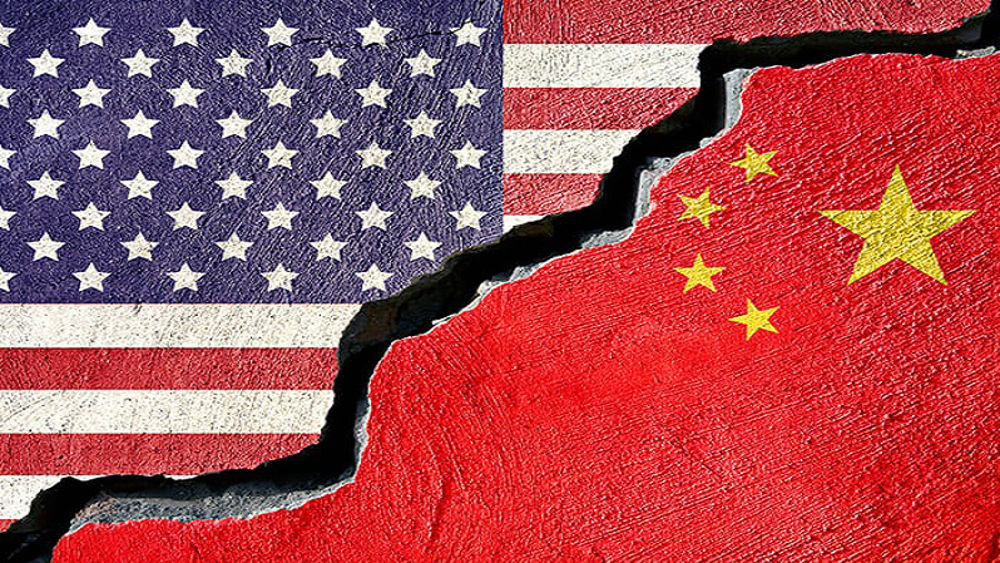
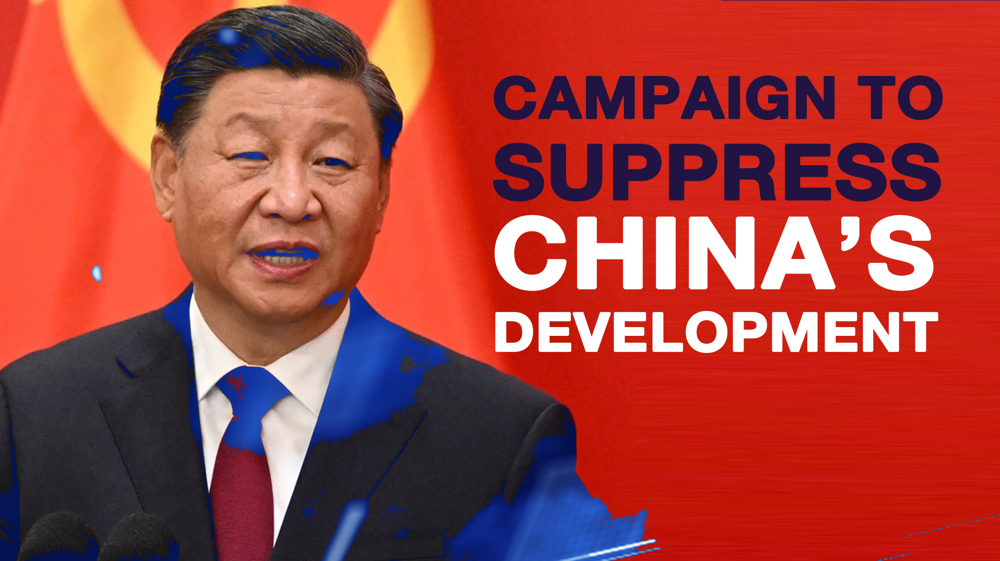

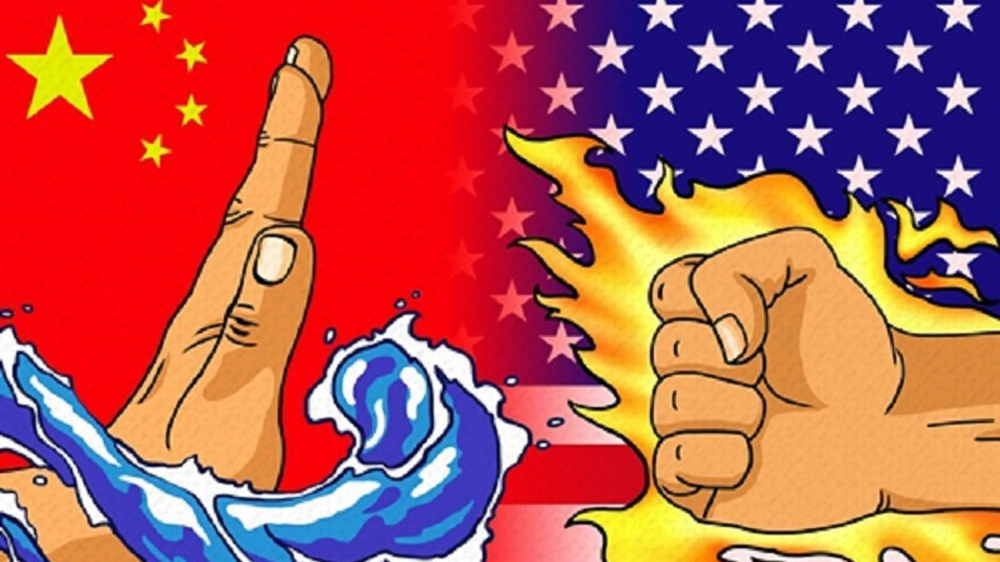
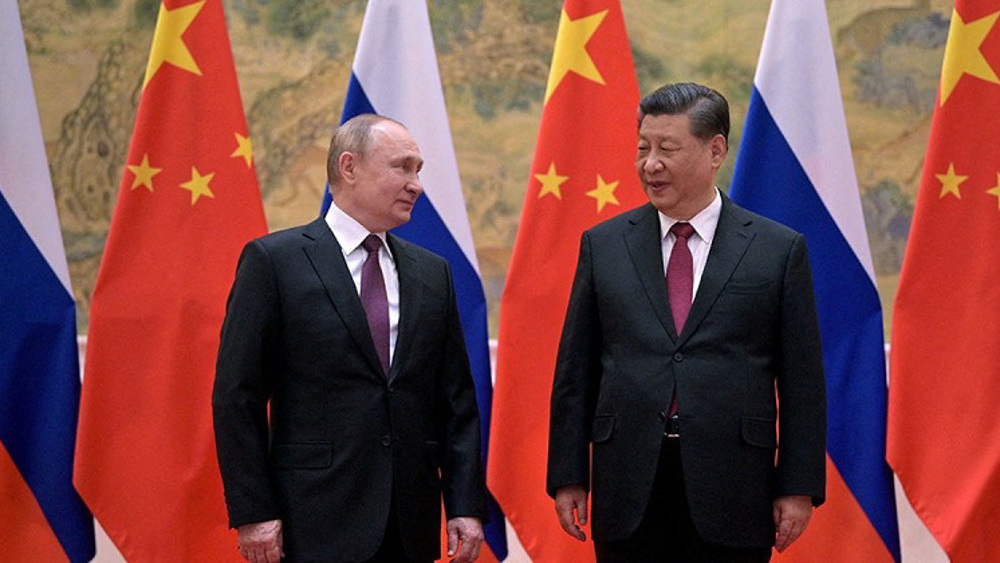
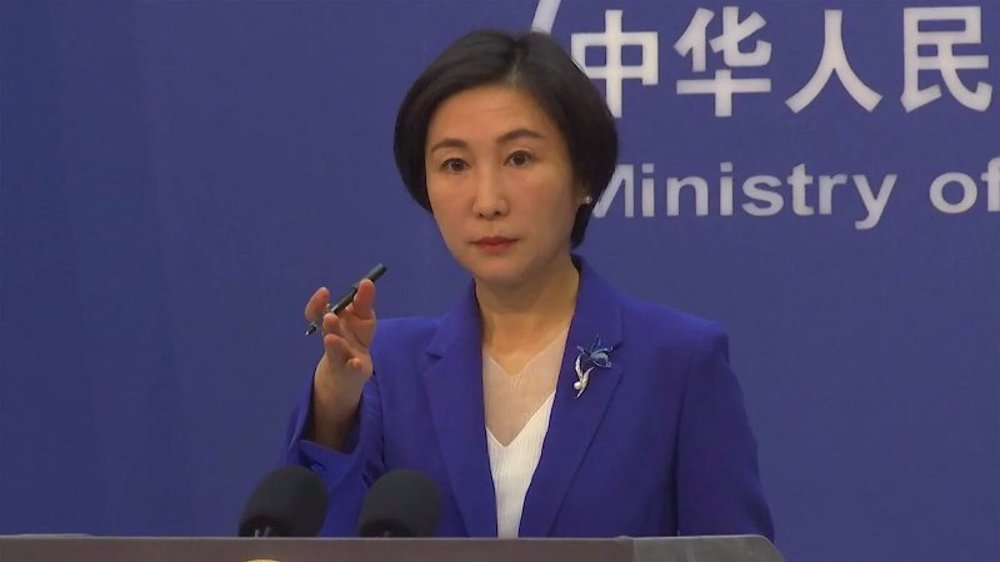
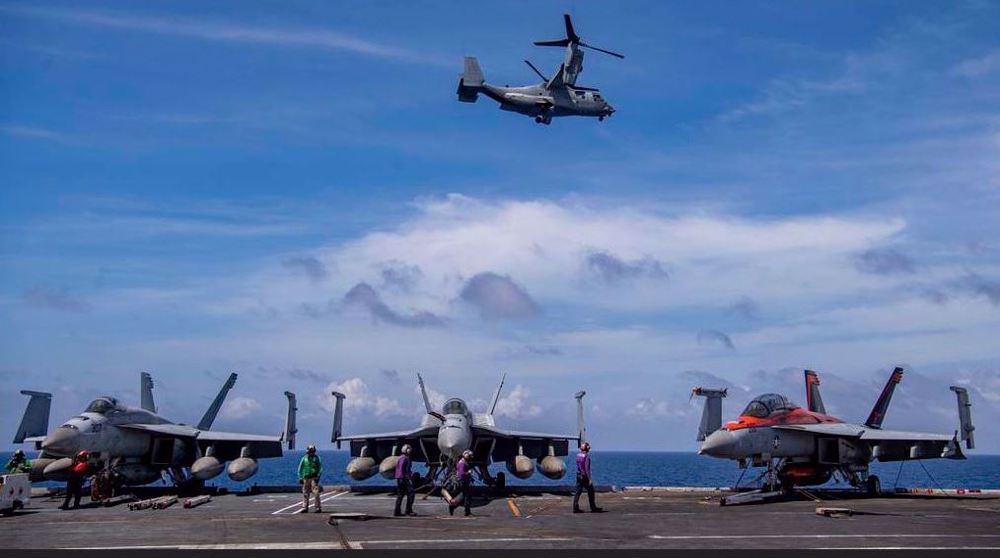



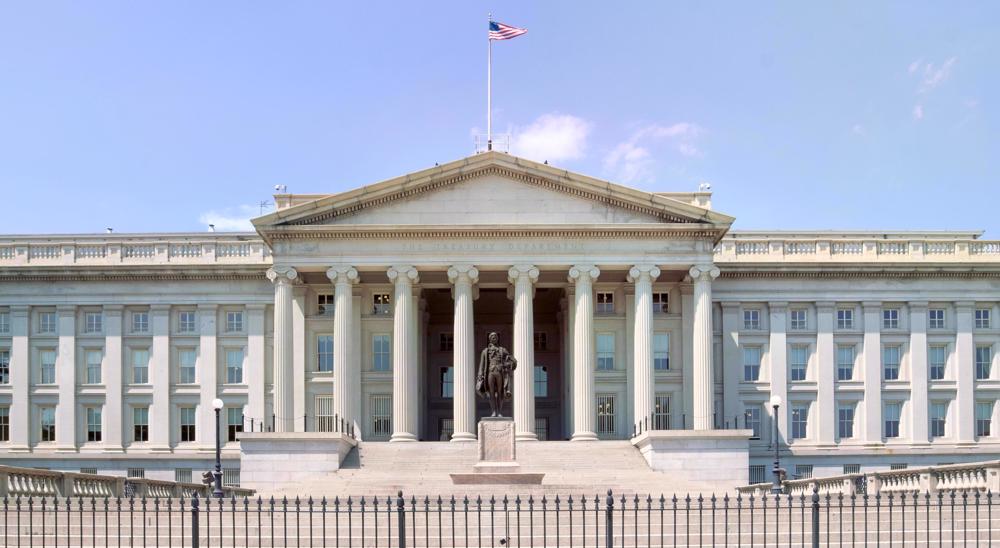
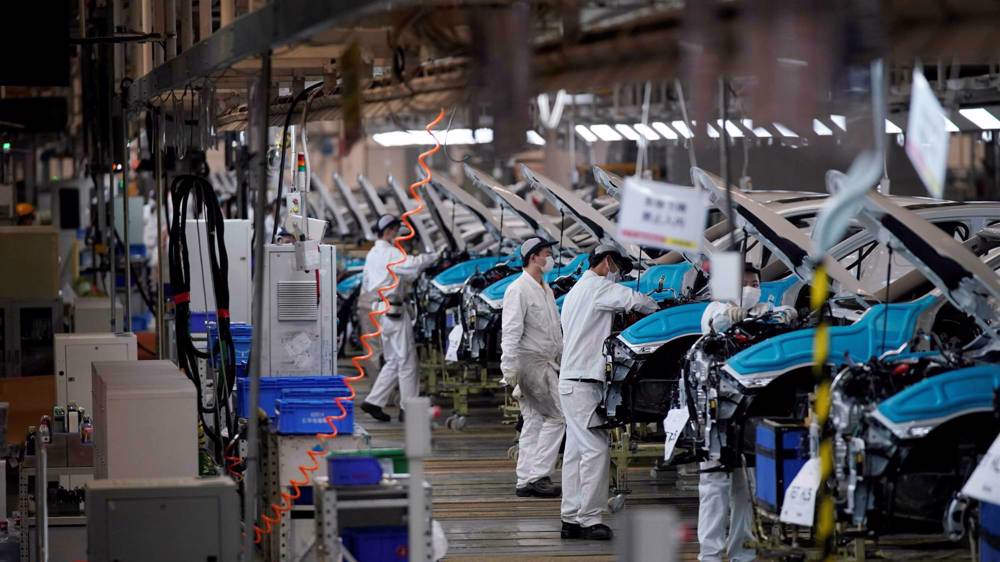
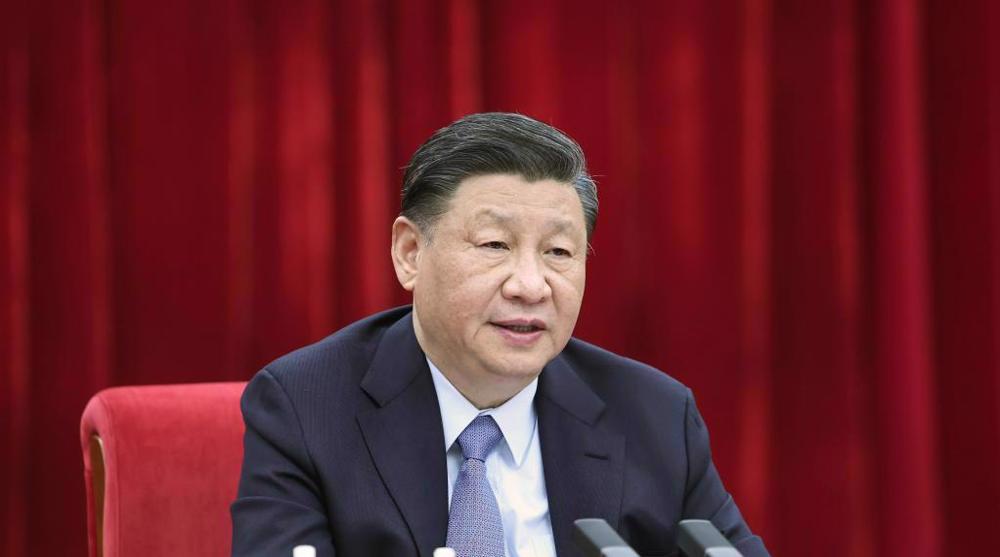
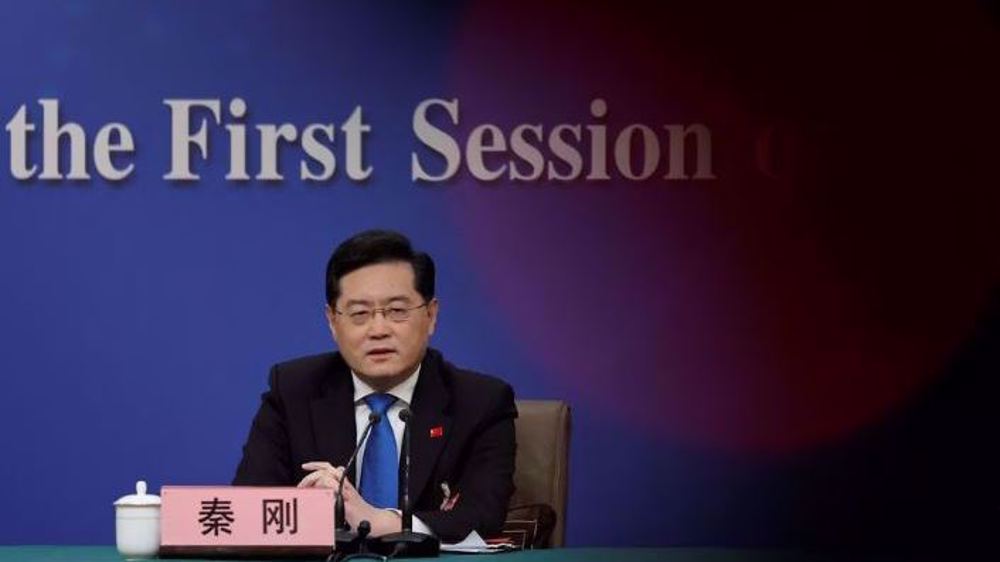
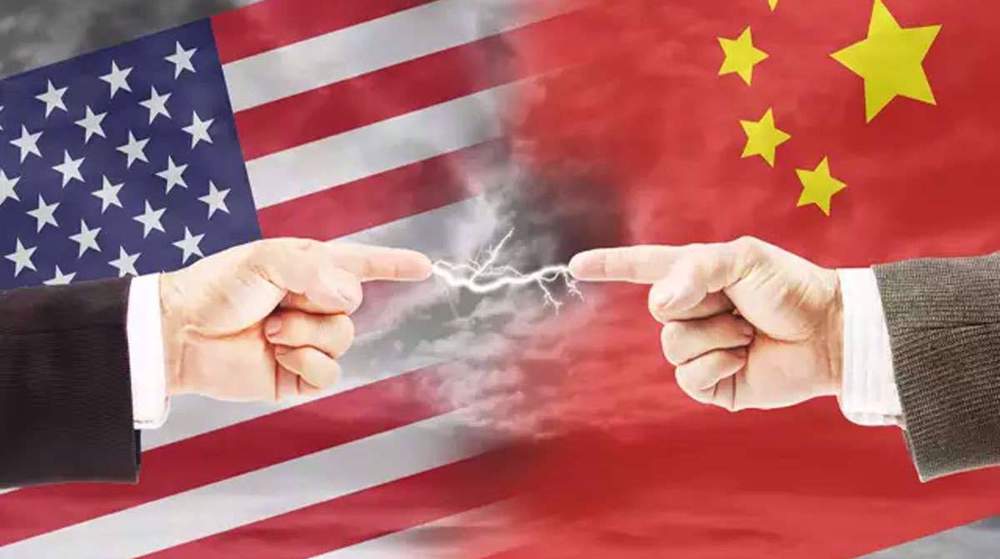
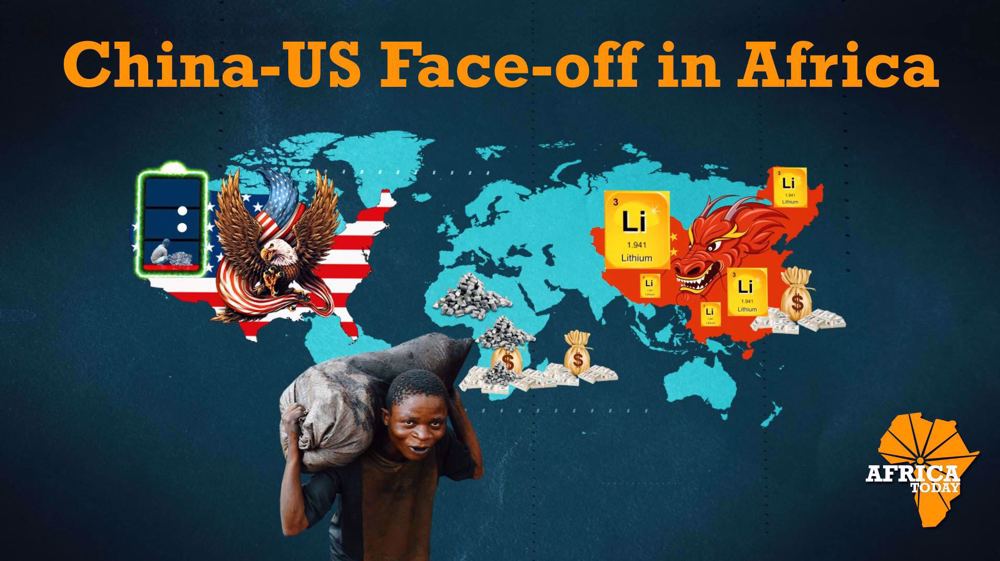
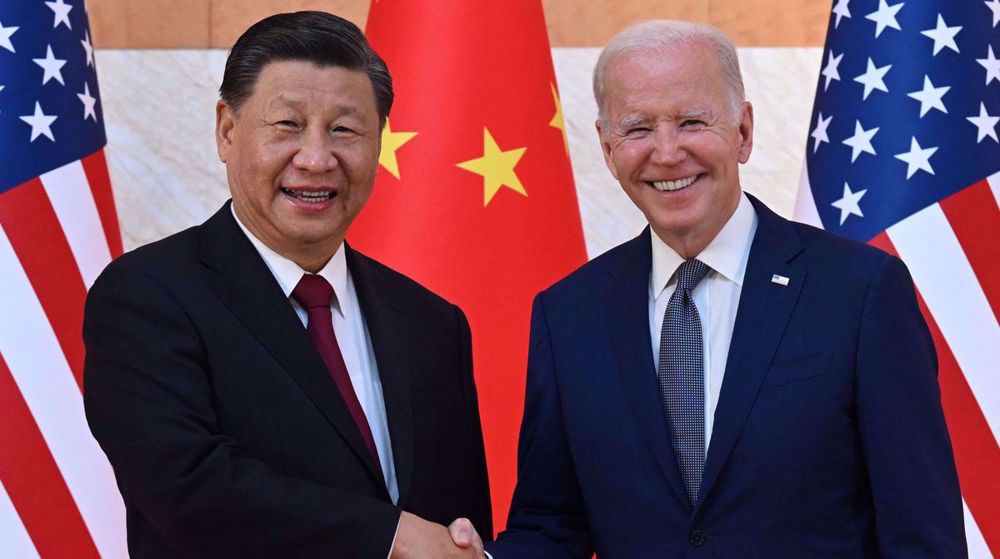
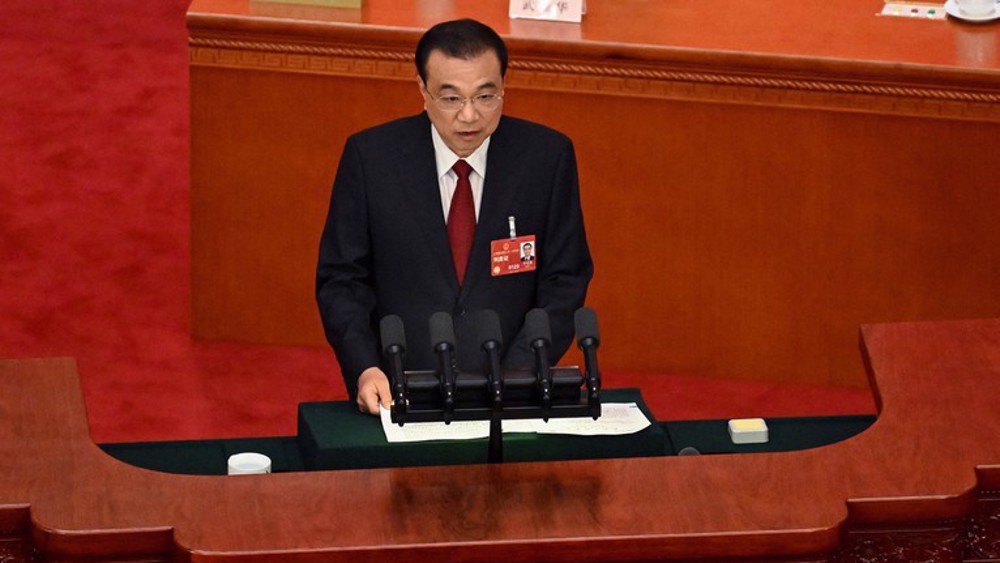
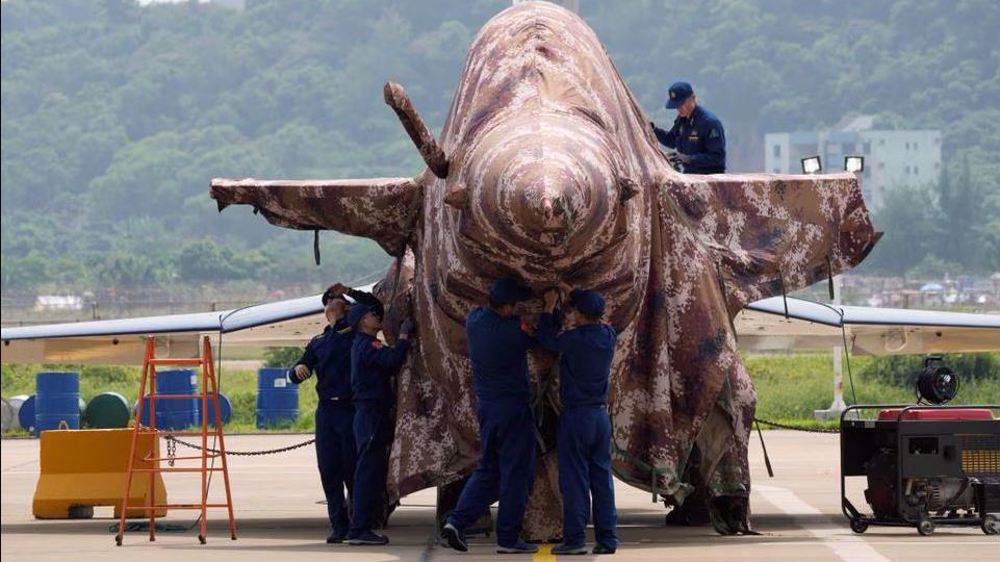

 This makes it easy to access the Press TV website
This makes it easy to access the Press TV website